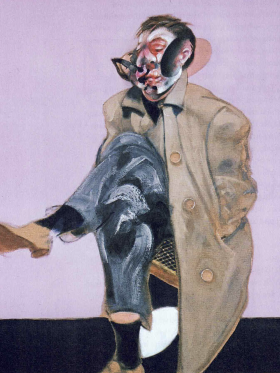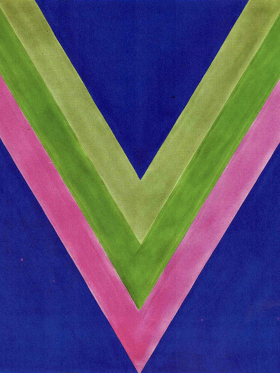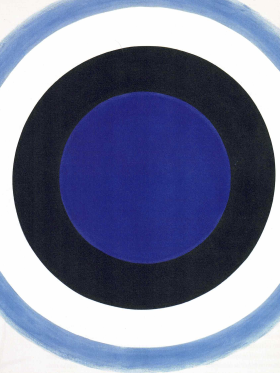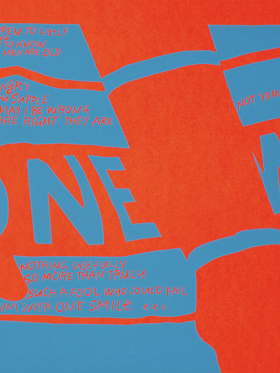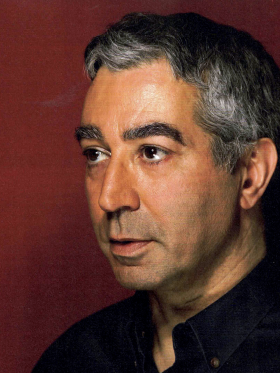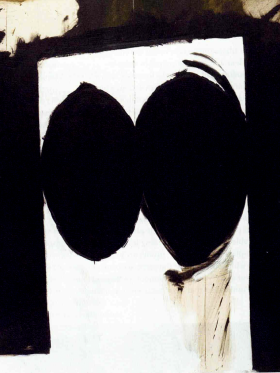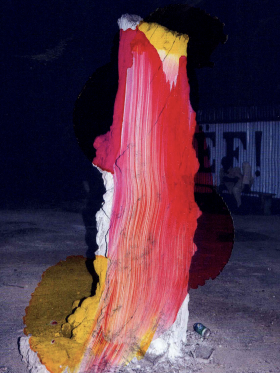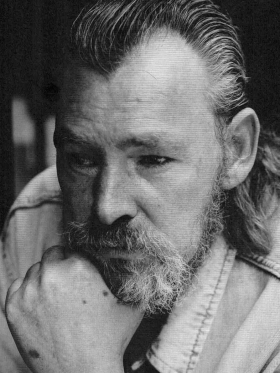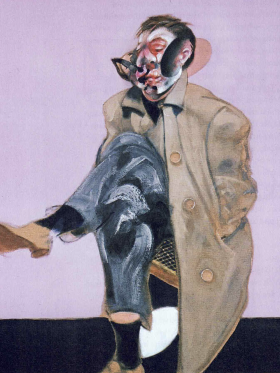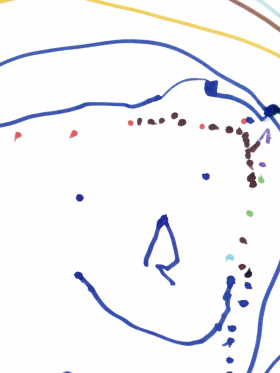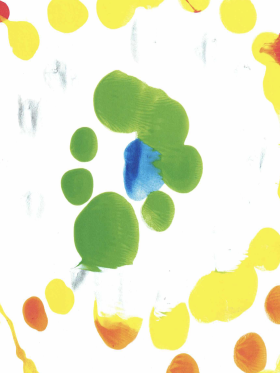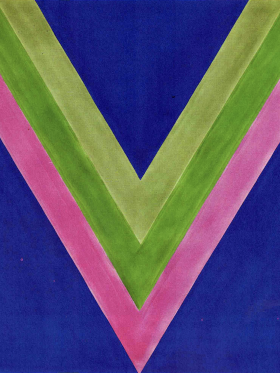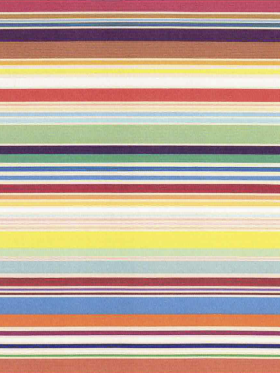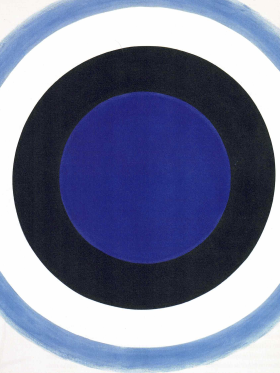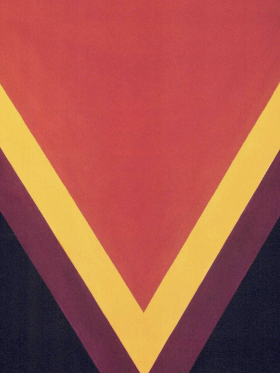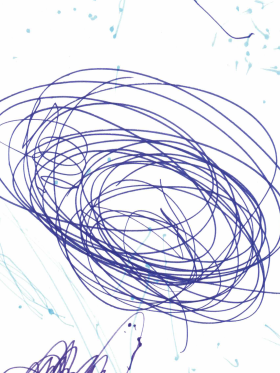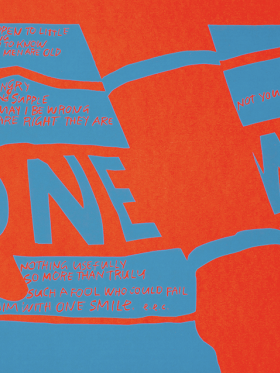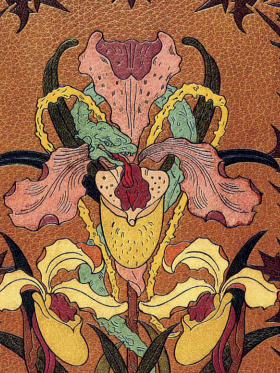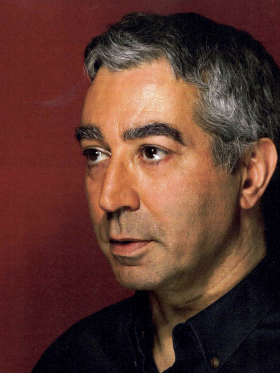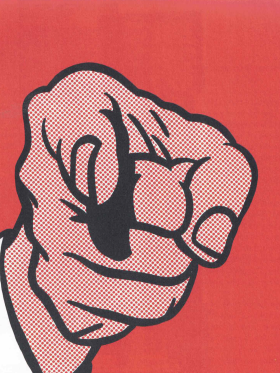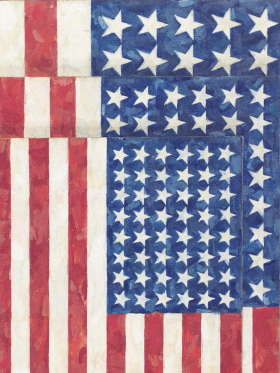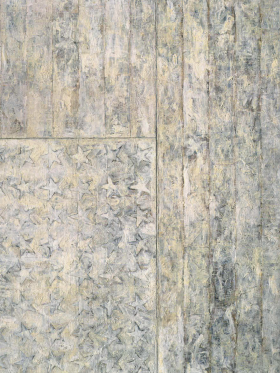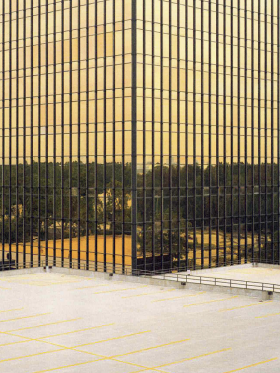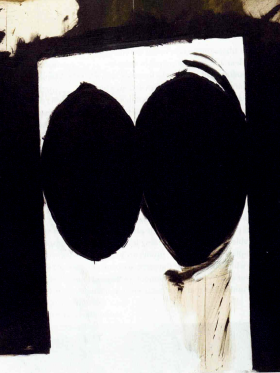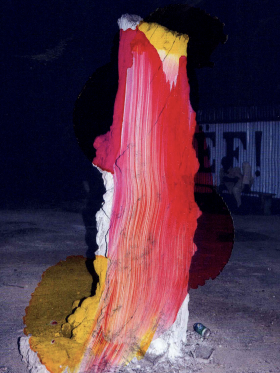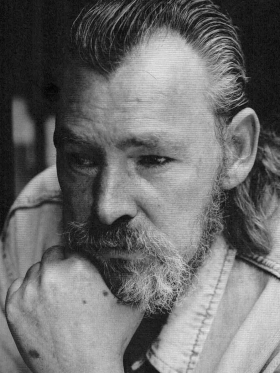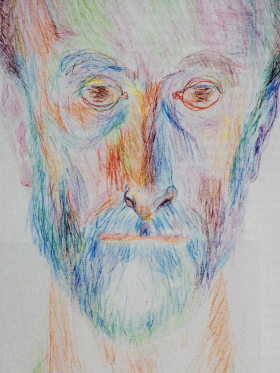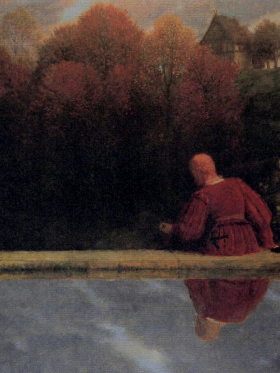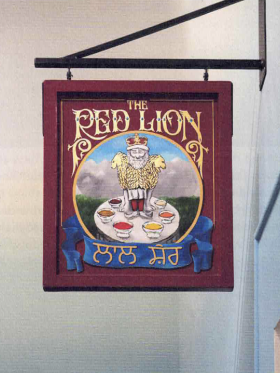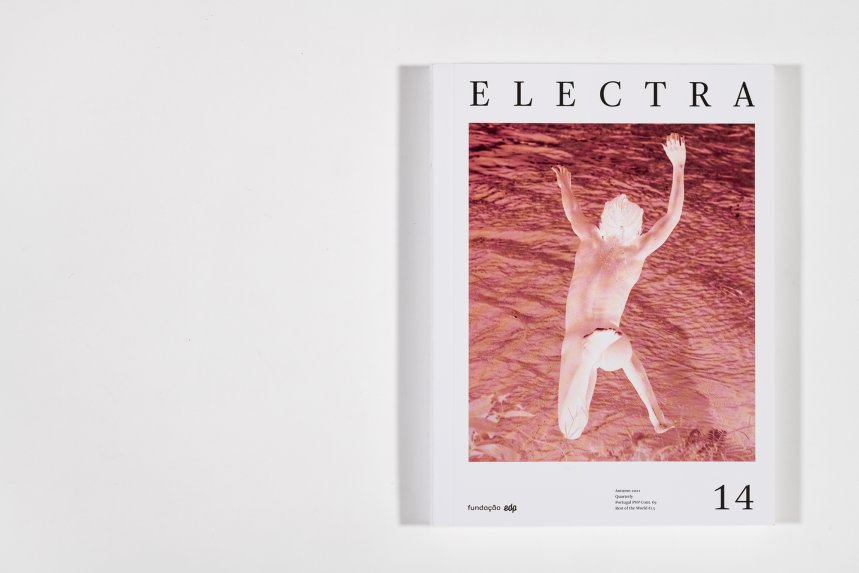
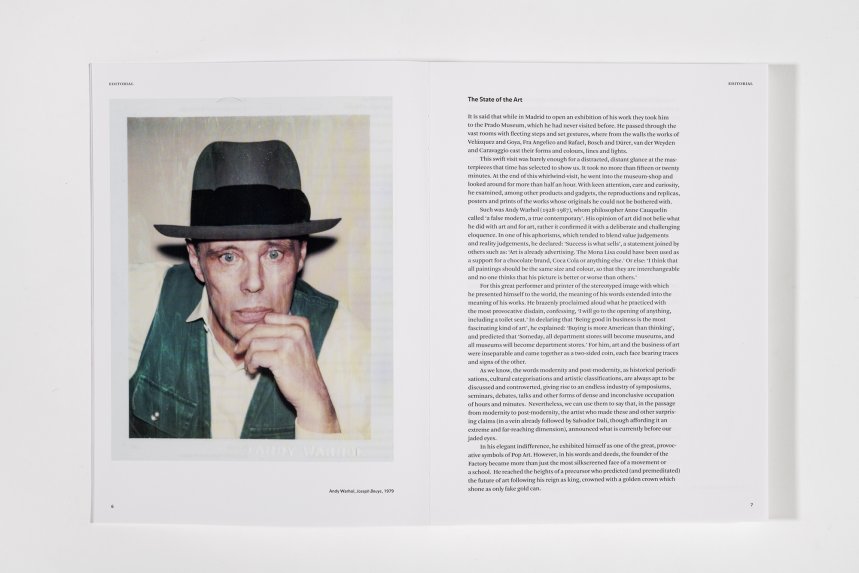
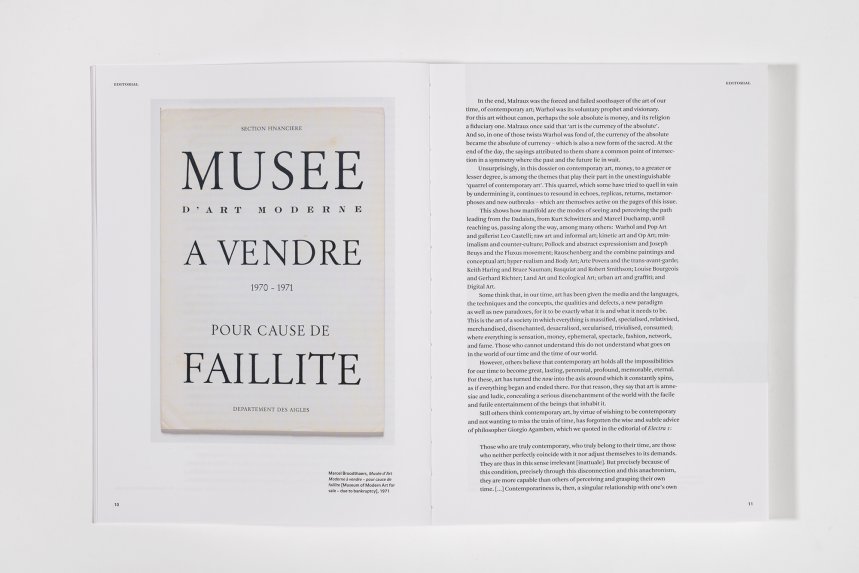
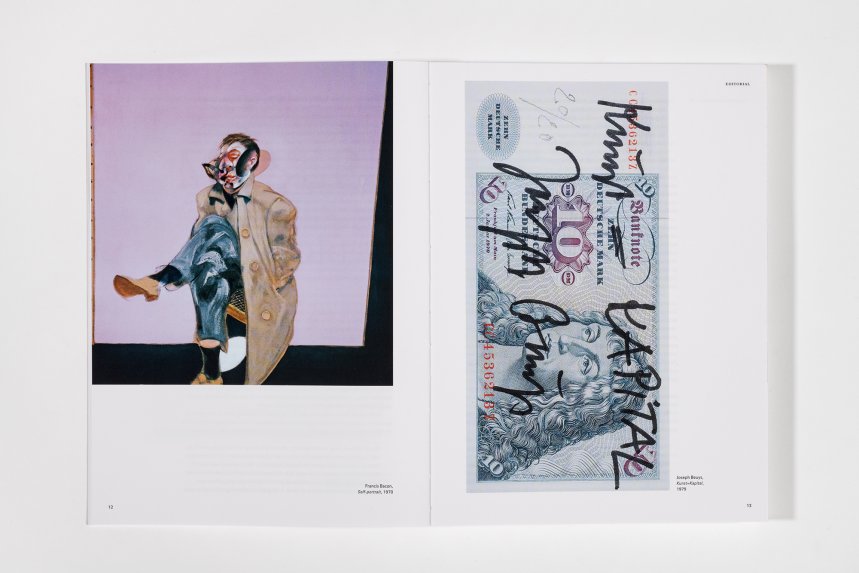
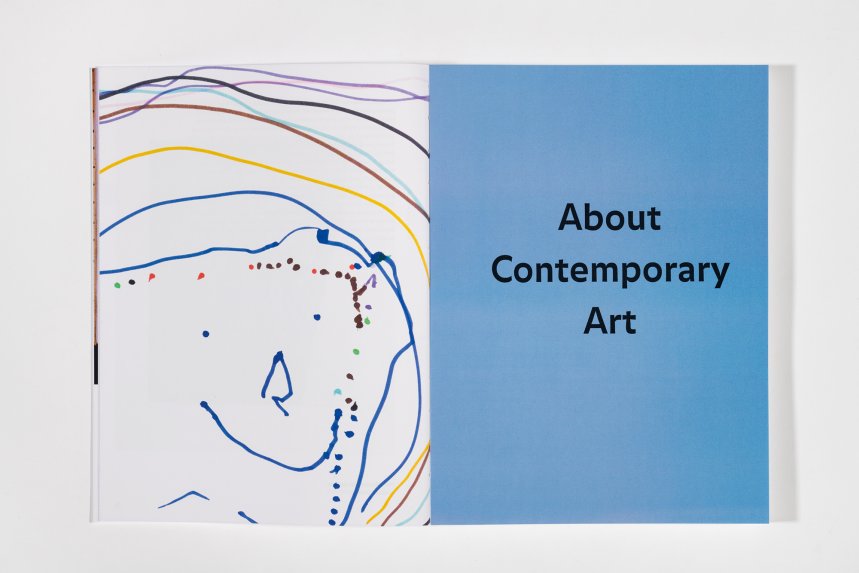
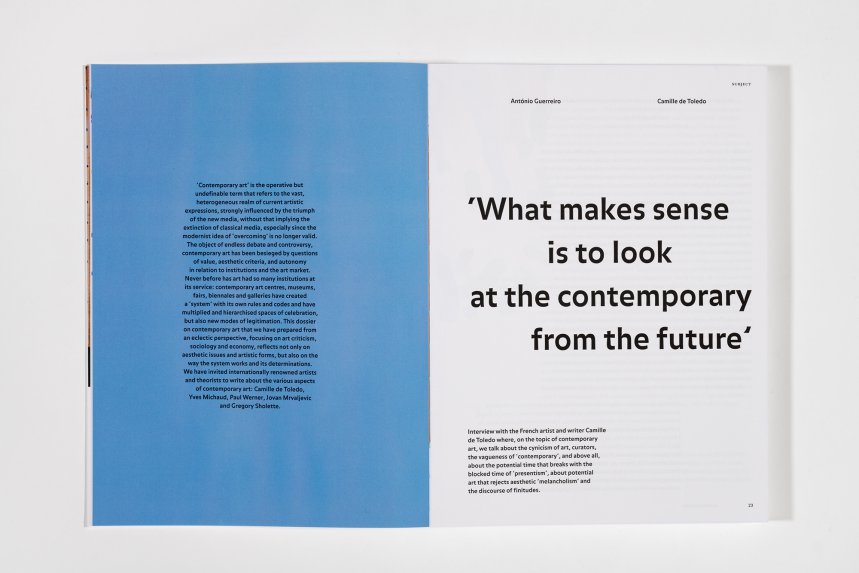
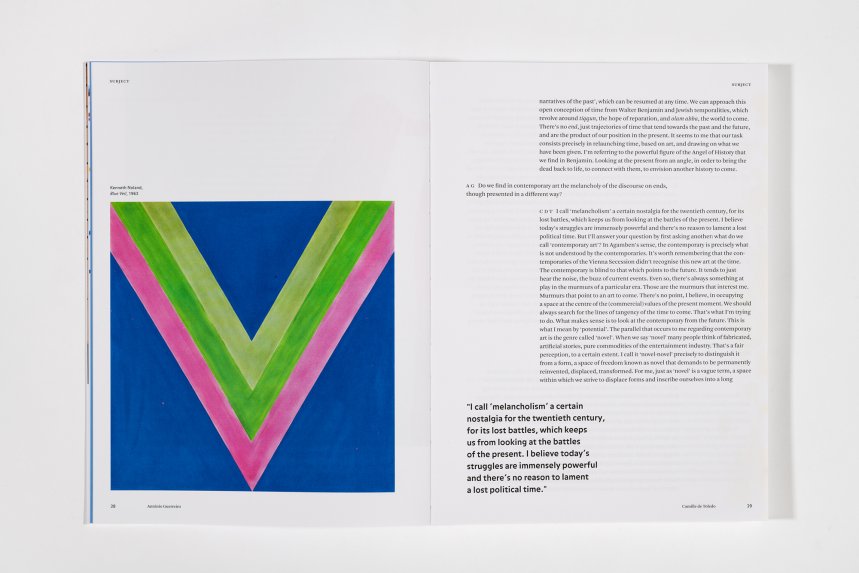
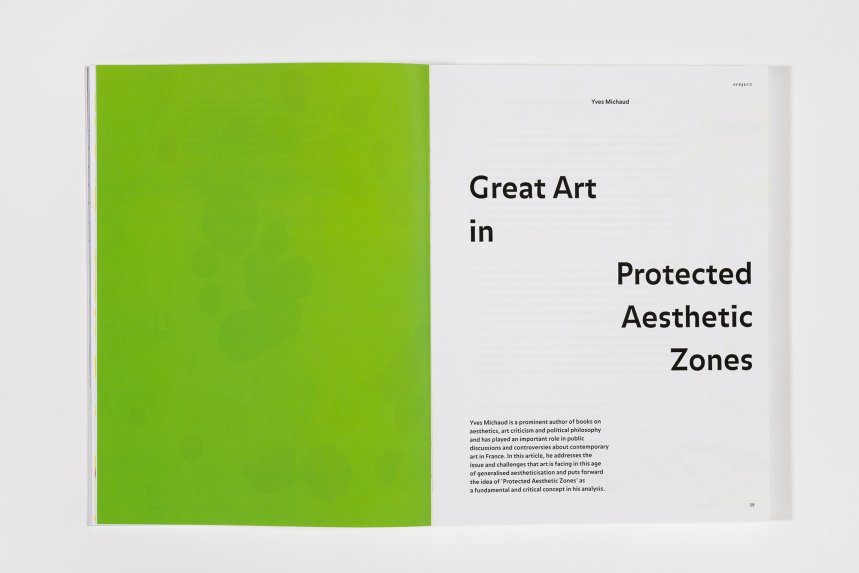
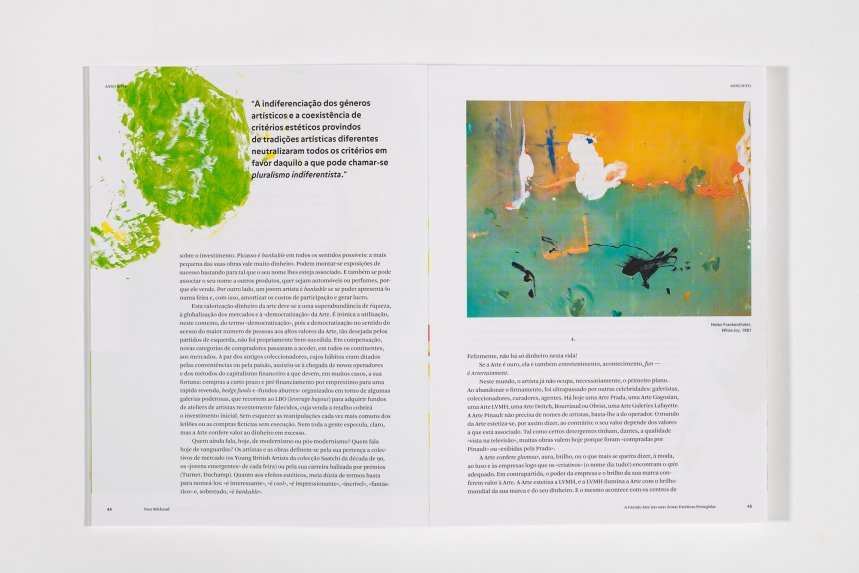
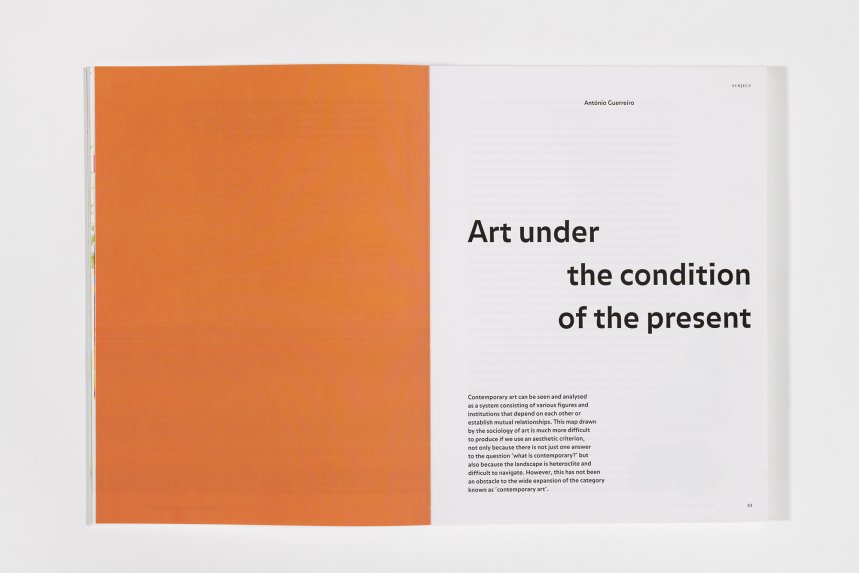
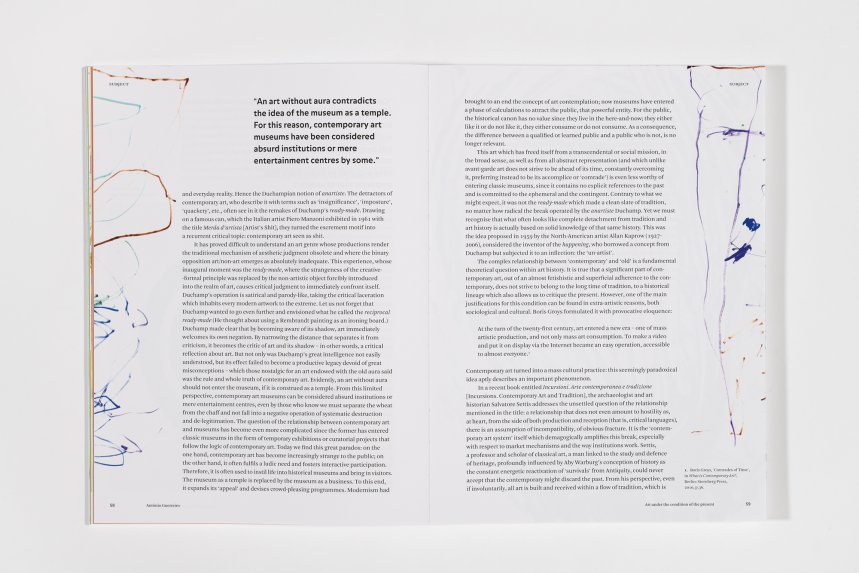
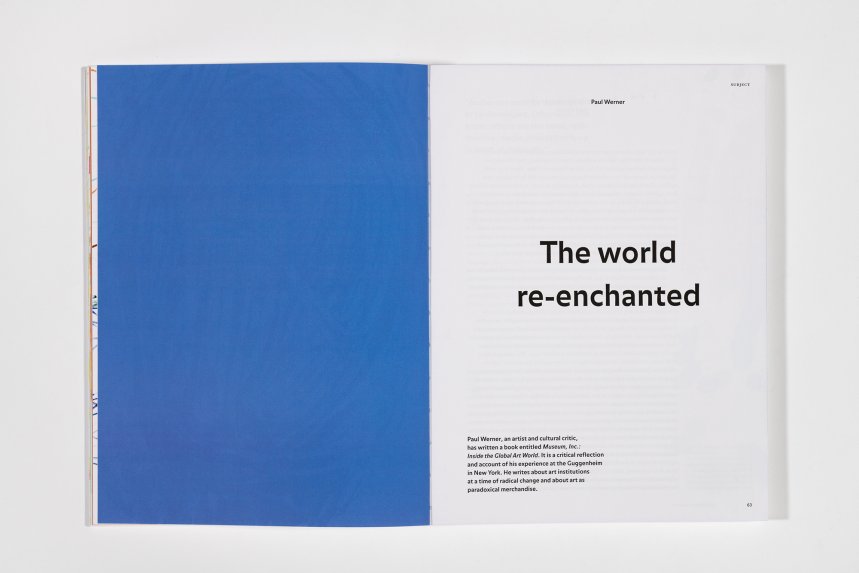
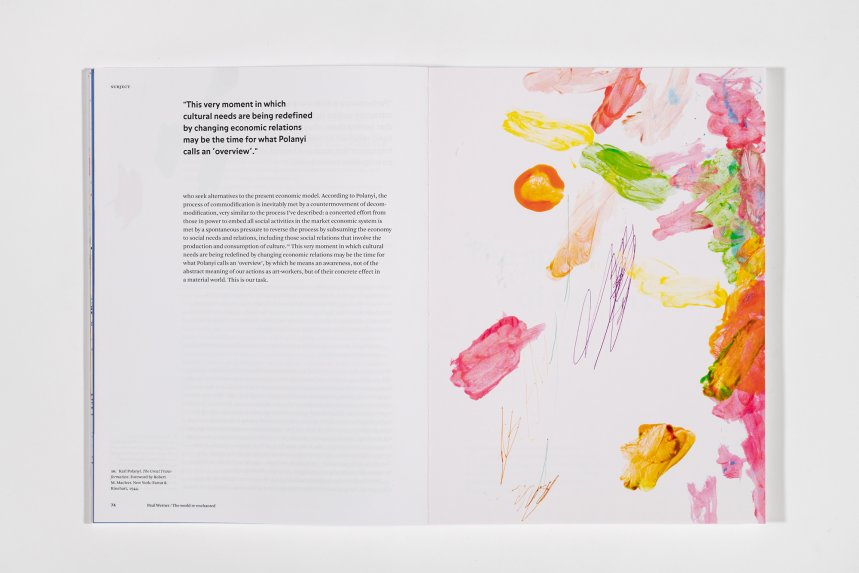
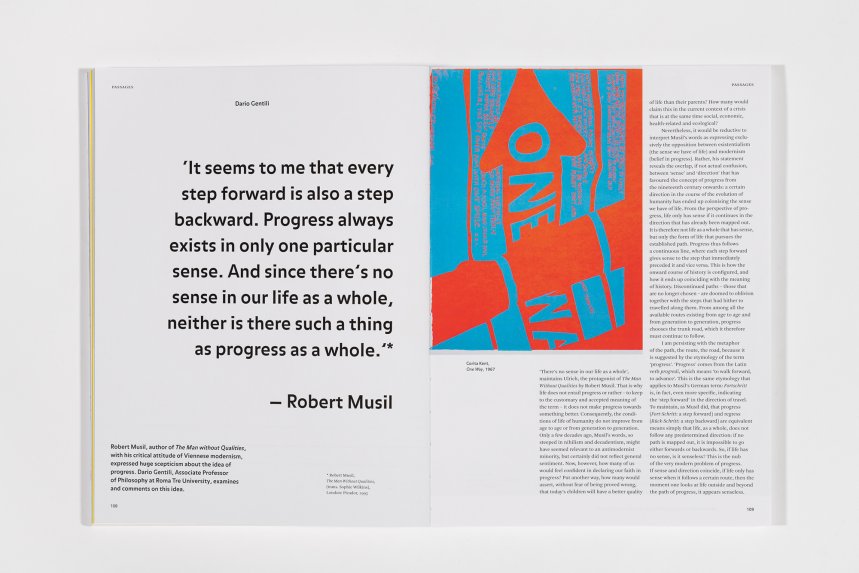
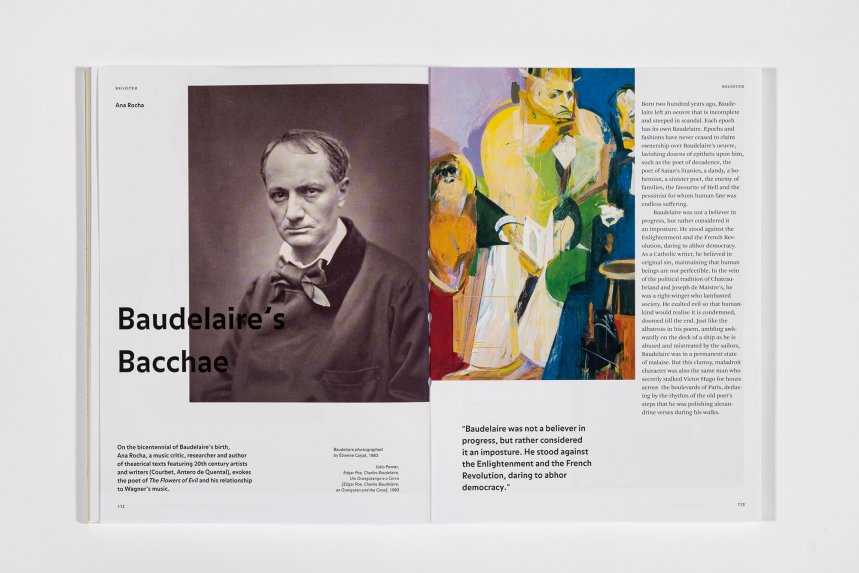
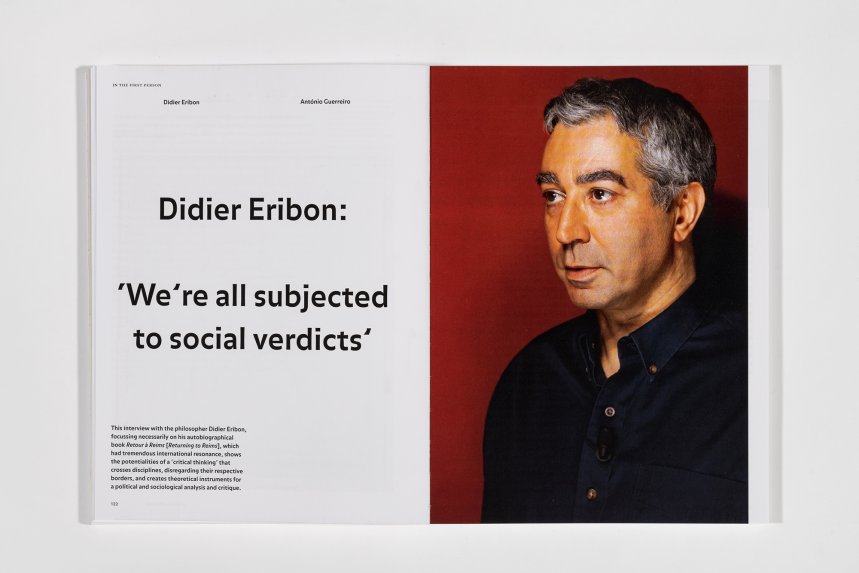
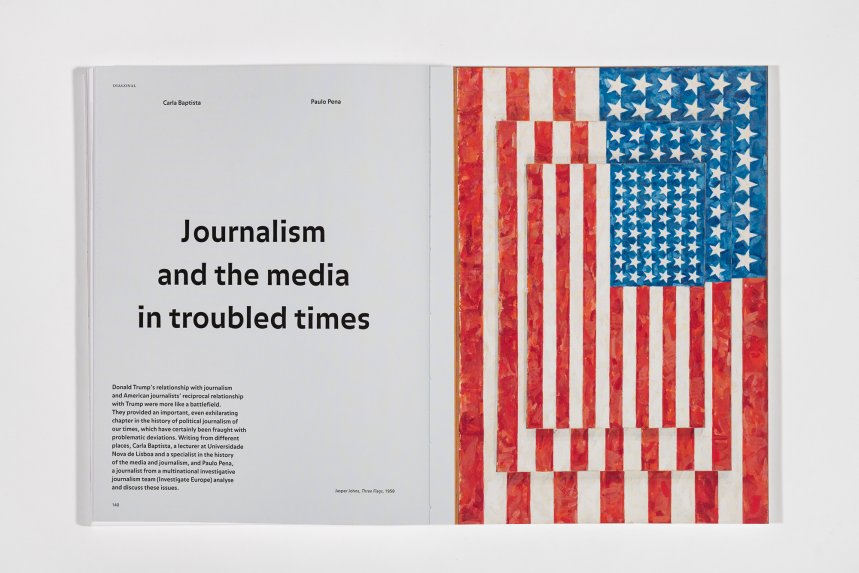
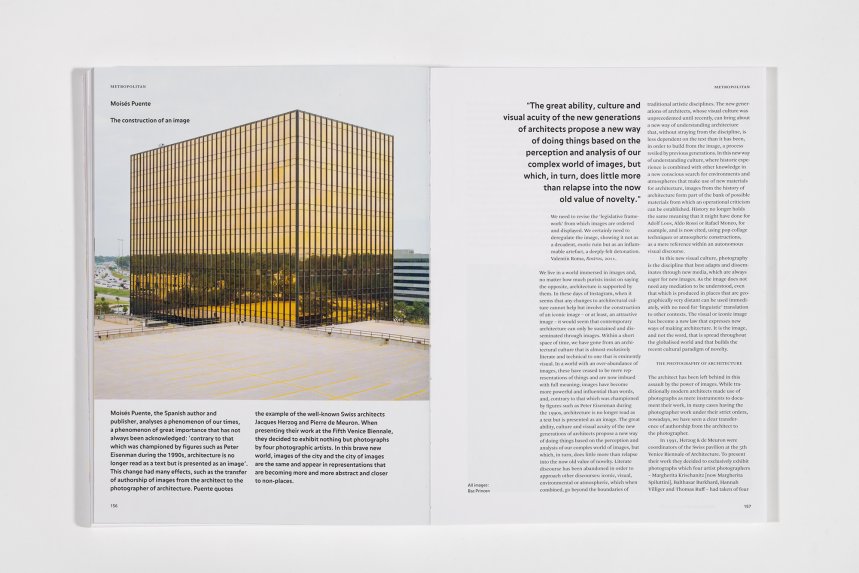
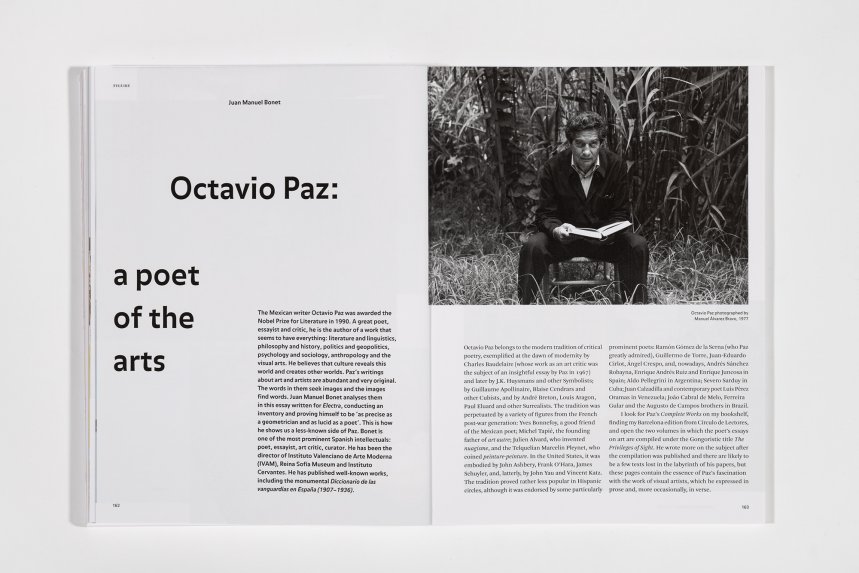
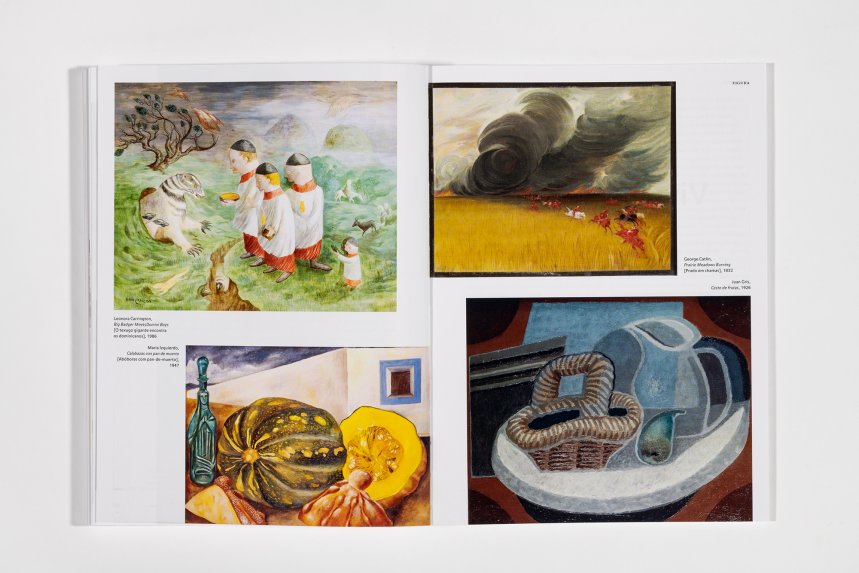
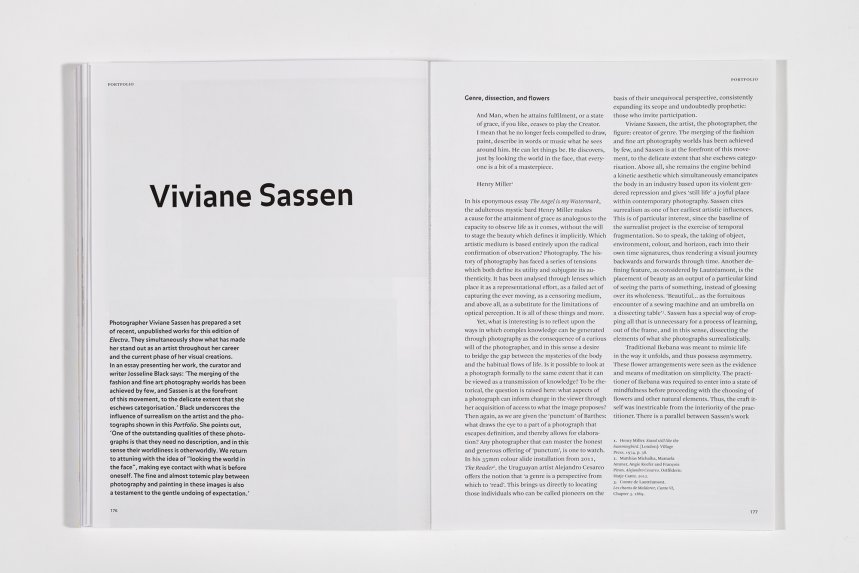
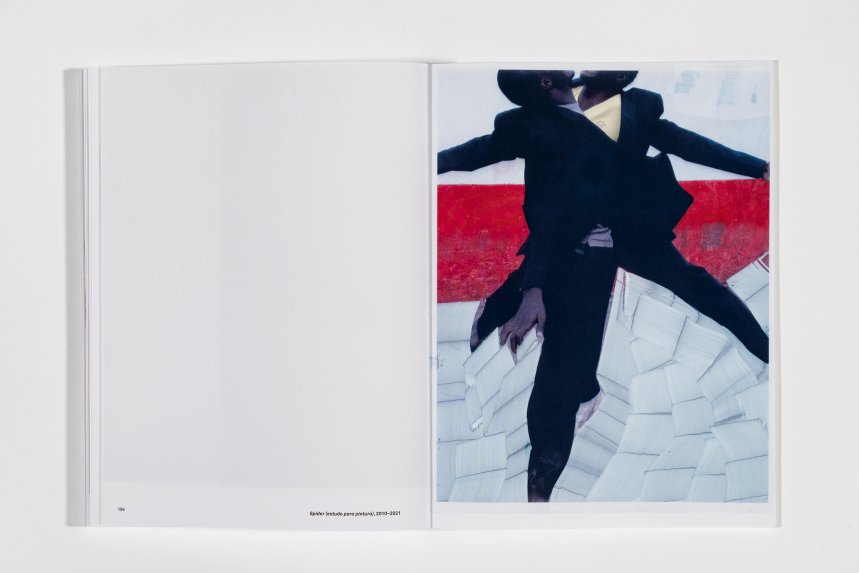
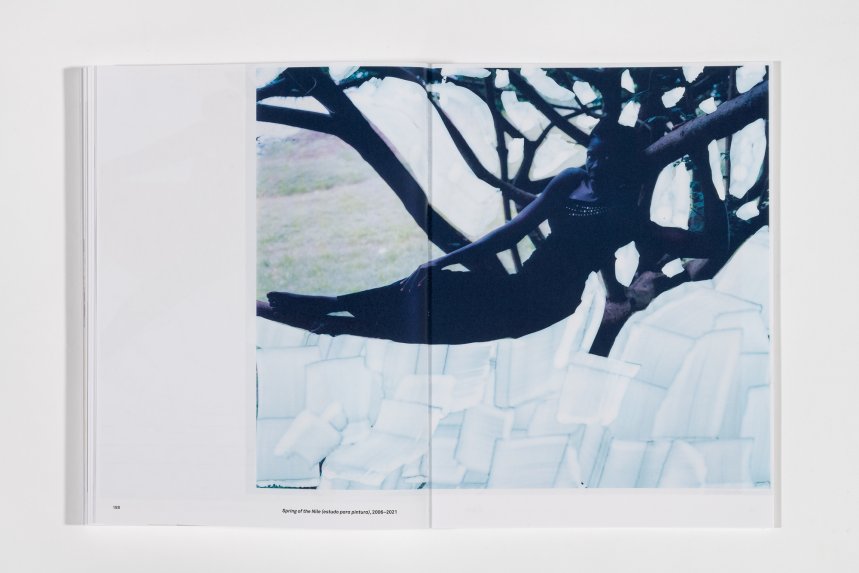
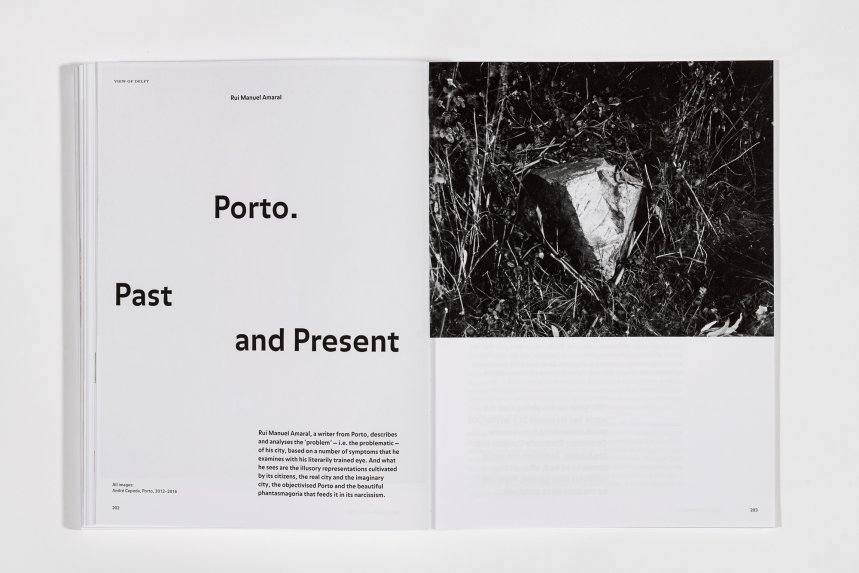
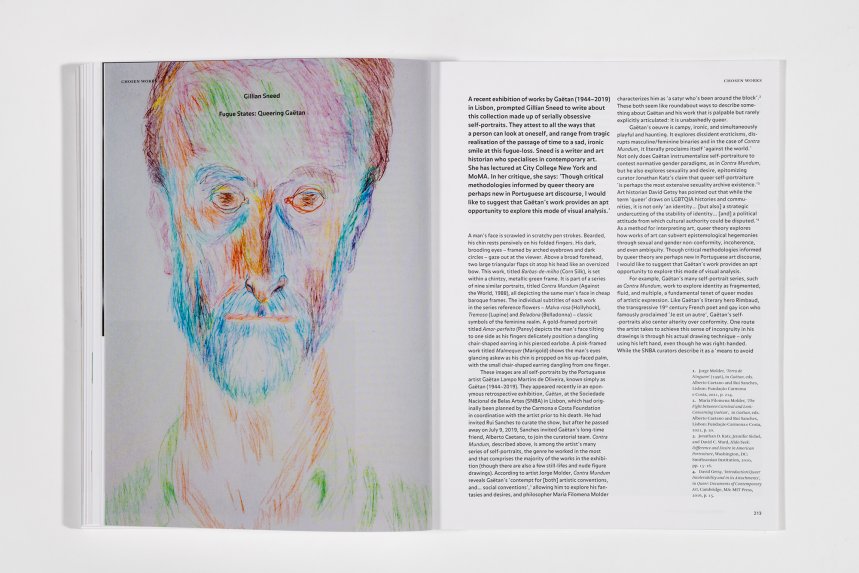
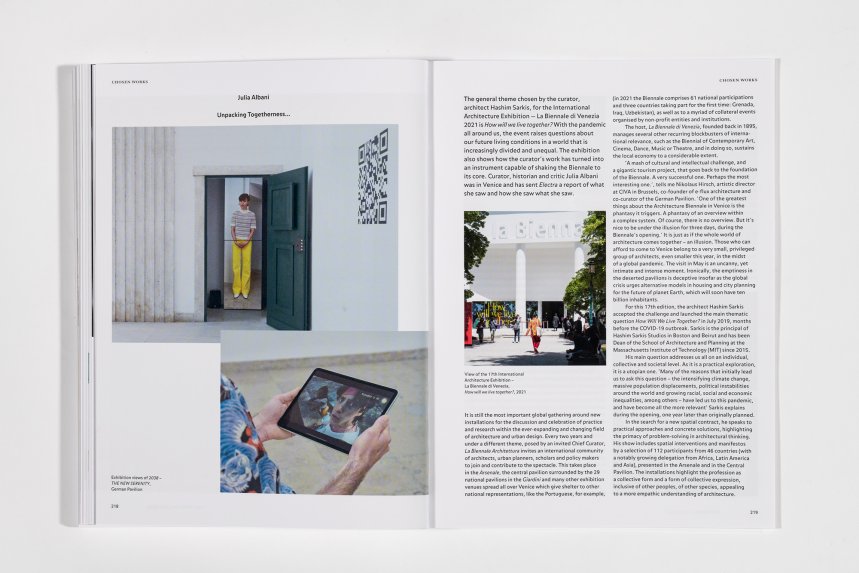
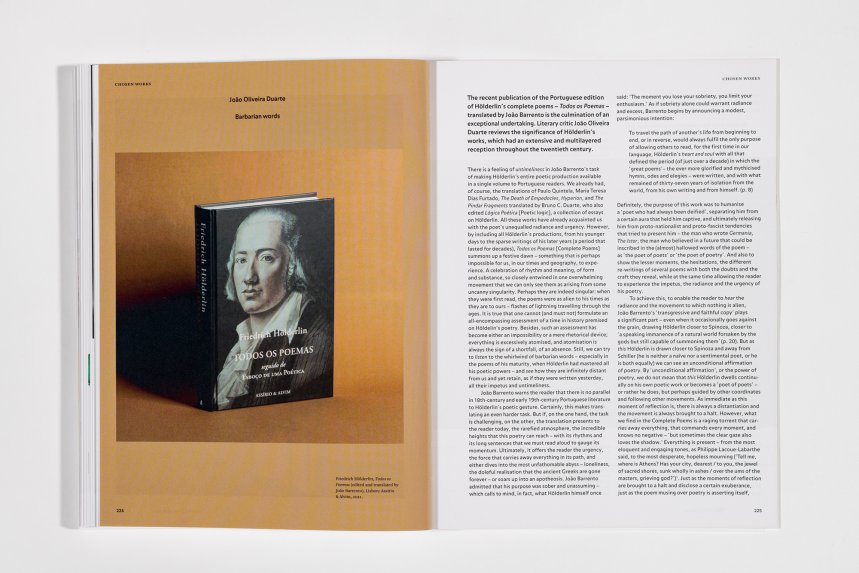
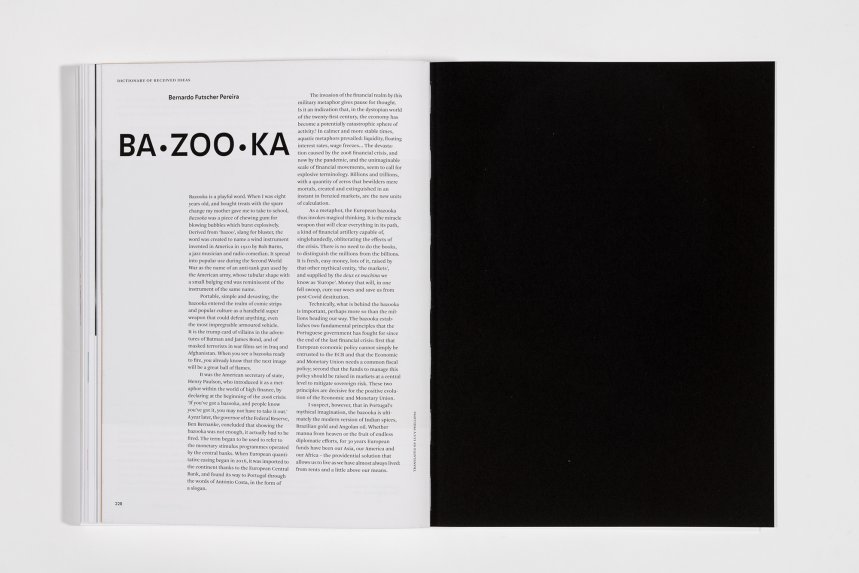
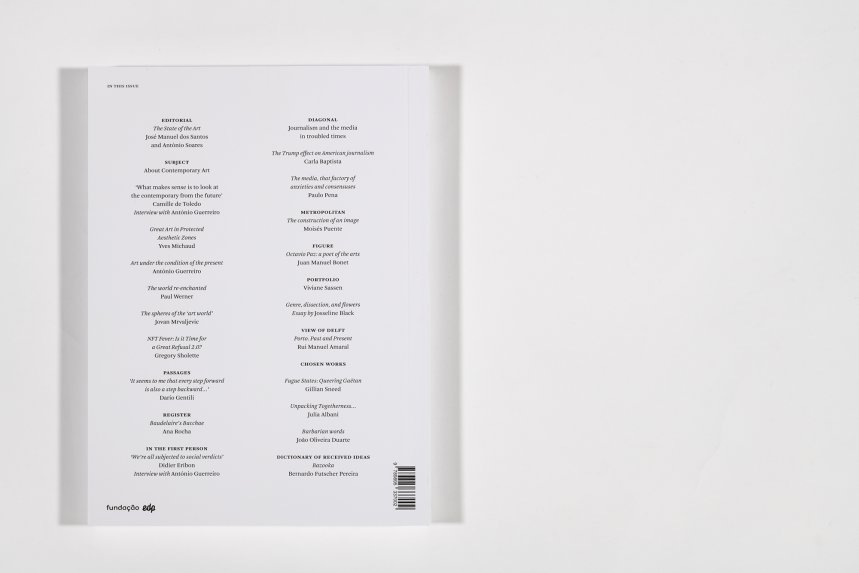
“Cultural and economic changes have transformed art itself, which has become an integral part of economic, tourism, cultural and social activities, to which it transmits its own value. ” writes Yves Michaud in “On Contemporary Art”, the dossier of Electra 14. From a perspective of art criticism and the sociology and economics of art, this dossier considers aesthetic questions and artistic forms, but also the functioning of this system and its determinations. Various controversial aspects of contemporary art are examined in the Editorial by José Manuel dos Santos and António Soares, and in the Subject section by Camille de Toledo, Yves Michaud, António Guerreiro, Paul Werner, Jovan Mrvaljevic and Gregory Sholette.
The interview featured in this issue of Electra is with French philosopher Didier Eribon, who speaks about his autobiographical work Return to Reims and about topics such as social determinism, gender studies, the state of politics, and about figures such as Michel Foucault, Georges Dumézil, Hervé Guibert, Claude Lévi-Strauss and Annie Ernaux.
For this issue's Portfolio section, Dutch photographer Viviane Sassen has prepared a set of new and as yet unpublished images which show what has made her unique as an artist throughout her career and in the current phase of her visual creation. This work is accompanied by an essay by curator and writer Josseline Black.
Also in Electra 14, essayist and curator Juan Manuel Bonet, former director of the Reina Sofia Museum, analyses the writings on art by Nobel prize-winning poet Octavio Paz; Italian philosopher Dario Gentili comments on a sentence by Robert Musil taken from The Man without Qualities; on the bicentenary of Baudelaire's birth, Ana Rocha, music critic and researcher, evokes the author of The Flowers of Evil and his relationship with Wagner's music; Carla Baptista and Paulo Pena discuss political journalism and the relationship between journalists and former US president Donald Trump; and writer Rui Manuel Amaral describes the city of Porto, both real and imaginary.
Also in this issue, Spanish architect and editor Moisés Puente analyses a new way of understanding architecture constructed from images and architectural photography; art historian Gillian Sneed writes about the work of Portuguese artist Gaëtan from the critical methodologies of queer theory; curator Julia Albani gives an account of the 17th edition of the Venice Biennale of Architecture; essayist João Oliveira Duarte talks about The Complete Poems of Hölderlin; and diplomat Bernardo Futscher Pereira offers his thoughts on the word "bazooka".
